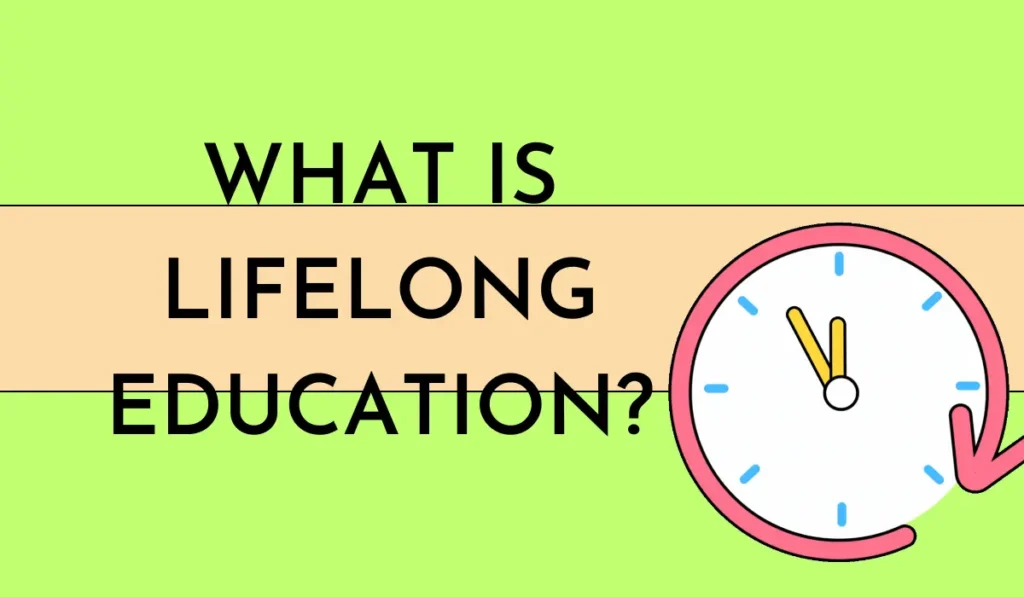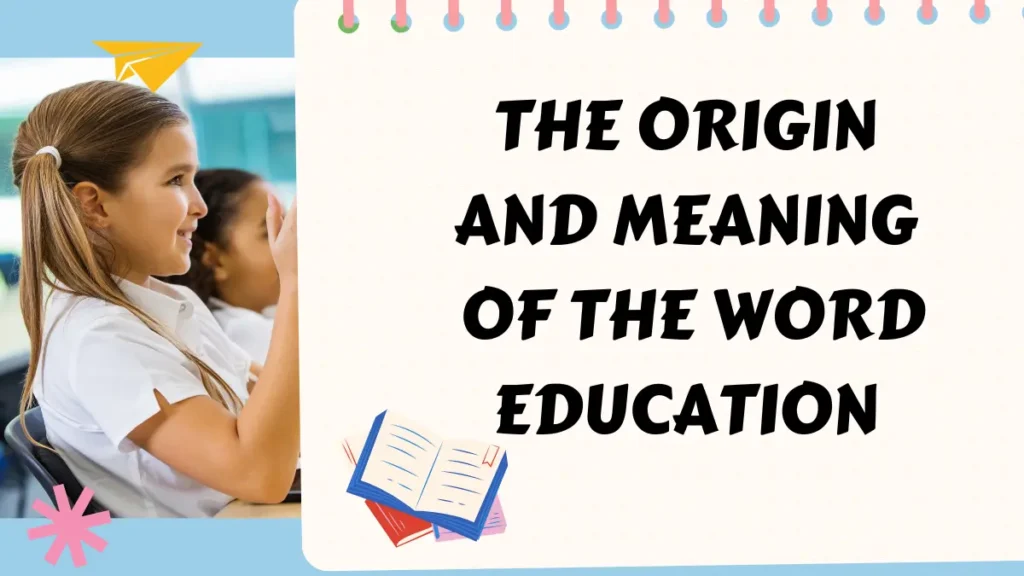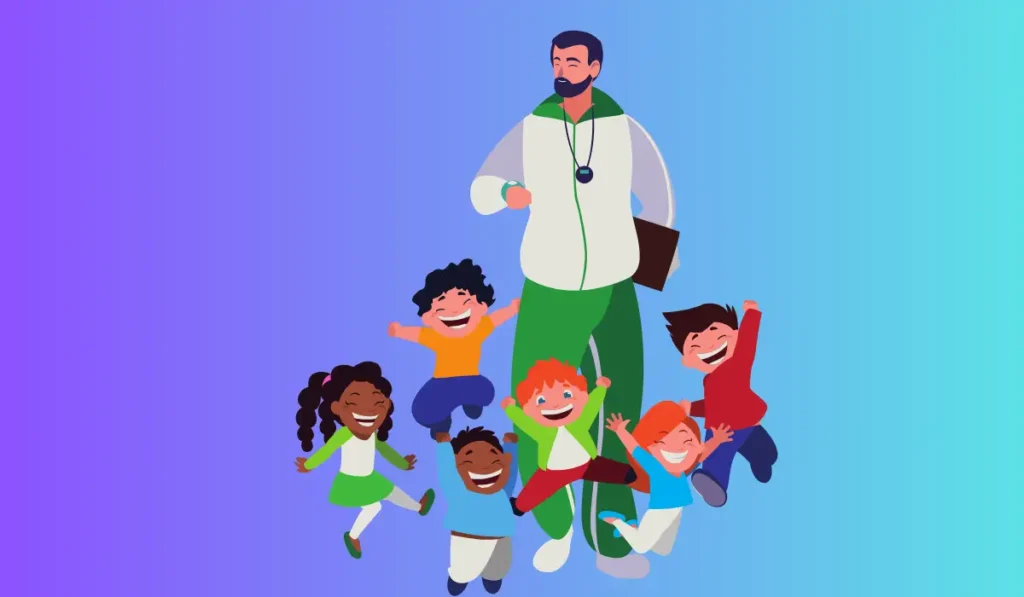Lifelong education refers to the continuous pursuit of learning throughout one’s life to expand knowledge and skills. The concept of lifelong education has gained significance due to the rapidly evolving nature of technology and changes in the workforce.
Lifelong education is essential to remain competitive in the job market and adapt to changes in industry trends. It includes formal education, such as diplomas and degrees, as well as non-formal education, such as workshops and online courses.
With the rise of e-learning platforms and the accessibility of information, lifelong education has become more convenient and affordable than ever before. Embracing lifelong education can also lead to personal growth and fulfillment.
The Importance Of Lifelong Education
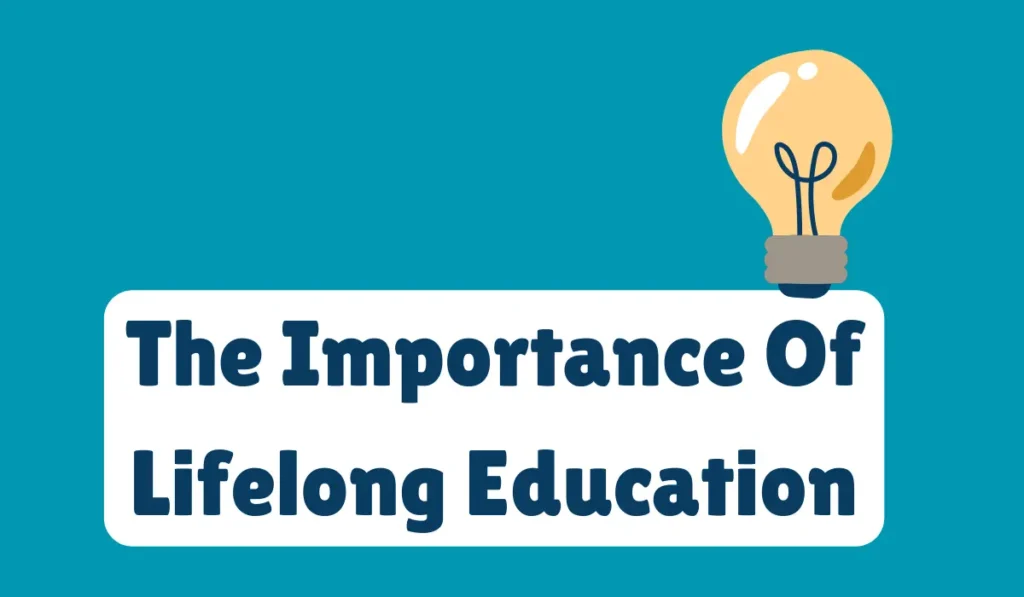
Lifelong education is crucial to keep oneself updated and engaged with the world around them, whether it is personal or professional. With the ever-evolving world of technology, the need for continuous learning has become more evident than ever.
Introducing lifelong education can help one enrich their knowledge base and skill set, enhancing their personal and professional development.
It also promotes mental agility and cognitive flexibility. One can gain insight into new industries and stay up-to-date on the latest trends.
The benefits of lifelong education are many with the ability to improve employability, increase earning potential, and enhance personal growth.
This journey to continuous learning benefits individuals and communities alike, and it is never too late to begin.
The Dimensions Of Lifelong Education
Lifelong education involves exploring various opportunities to enhance your knowledge and skills beyond traditional education.
While formal education continues to be relevant, alternative learning options such as self-directed learning, e-learning, and massive open online courses (MOOCs) have become increasingly popular.
Additionally, learning at work through upskilling, reskilling, and on-the-job training has become vital due to technological advancements and changes in the job market.
The dimensions of lifelong education are constantly evolving, and individuals should regularly seek new opportunities to stay relevant and competitive in their fields.
The Pillars Of Successful Lifelong Learning
Lifelong learning is an essential part of personal growth and career development. To succeed in this journey, one must develop a positive learning mindset that fosters personal growth.
Setting realistic and meaningful learning goals helps maintain motivation while exploring different learning strategies can unlock one’s full learning potential.
Building a supportive learning community also creates an environment that promotes collaboration and continuous learning.
By combining these key elements, lifelong learners can continuously improve and achieve their goals.
The Challenges Of Lifelong Learning
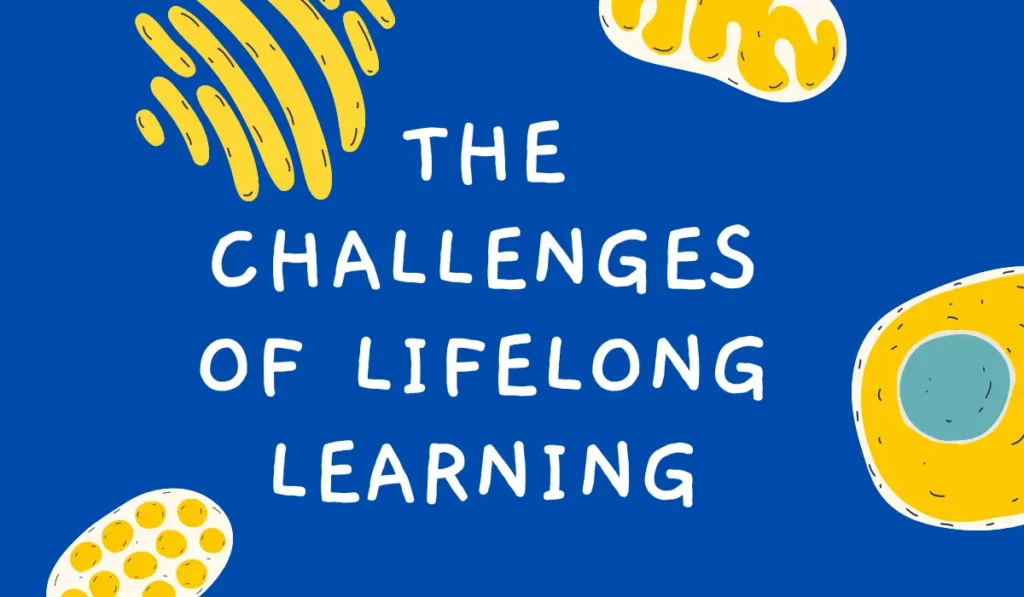
Time management is crucial, but balancing learning with other responsibilities is not easy. Learning fatigue can be daunting, so it’s essential to cope with information overload and burnout.
Financial barriers can be a hurdle, and finding affordable learning opportunities can be challenging. Despite these challenges, lifelong education is a great way to enhance one’s career, hobbies, and life experiences.
Overcoming these hurdles is possible with careful planning, realistic goals, and a mindset of continuous improvement.
Frequently Asked Questions Of Lifelong Education
What Is Lifelong Education?
Lifelong education refers to the continuous learning process that individuals undergo throughout their lives, regardless of age or academic background.
Why Is Lifelong Education Important?
Lifelong education is important because it helps individuals stay up-to-date with current trends and advancements in their respective fields, enhances their knowledge, and improves their employability.
How Can One Engage In Lifelong Education?
One can engage in lifelong education by taking online courses, attending workshops and seminars, reading books, listening to podcasts, and seeking mentorship and guidance.
Conclusion
Education is not simply a means of obtaining a degree or job. It should be a lifelong process that enriches one’s life in a multitude of ways. With the advent of technology and accessible learning opportunities, there has never been a better time to commit to lifelong education. Through continued learning, individuals can gain new perspectives, develop new skills, and enhance their personal and professional lives. The benefits are endless, and the investment in oneself is priceless. So, whether it is through attending classes, reading books, participating in workshops, or online courses, it is essential to prioritize lifelong education.
